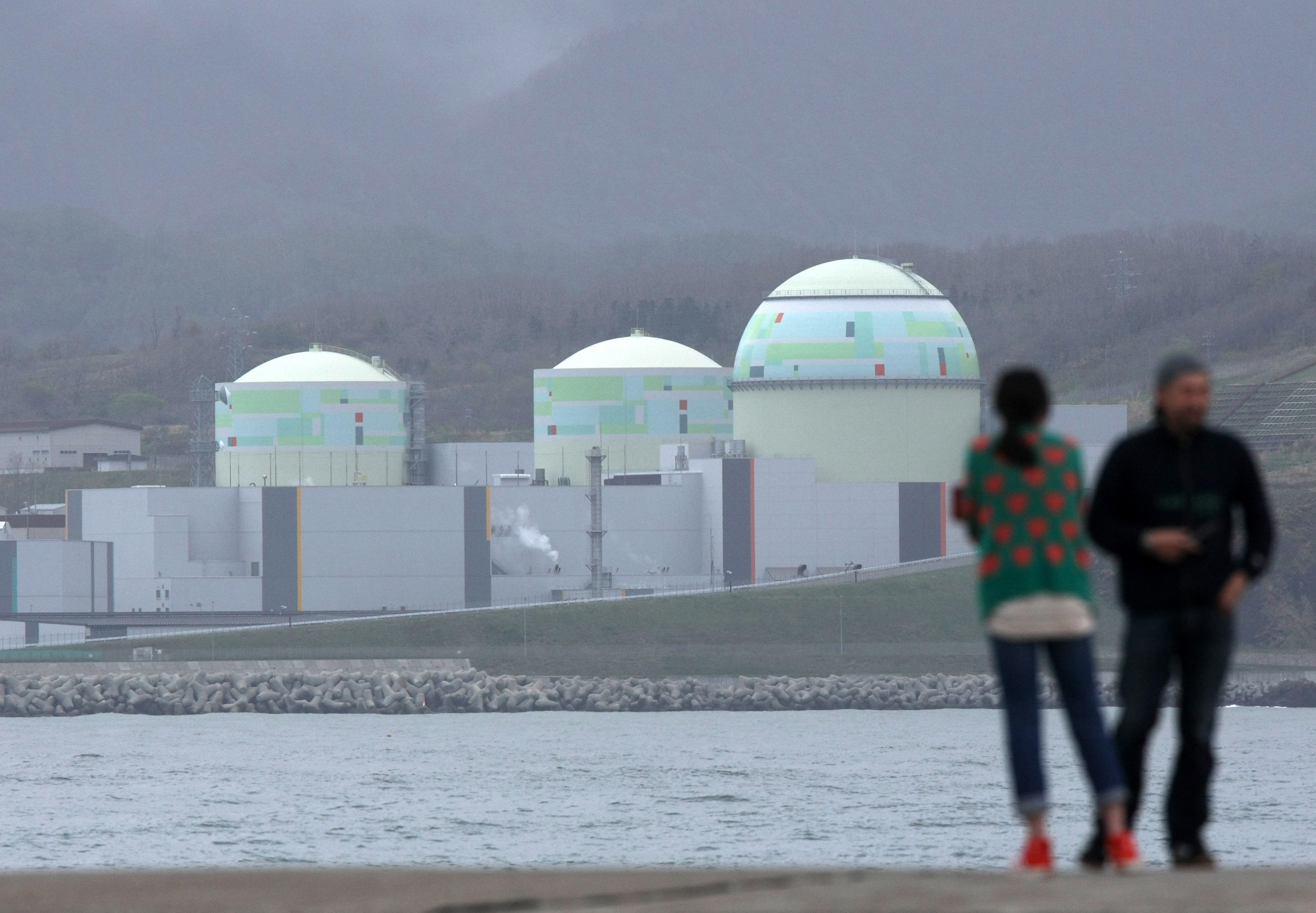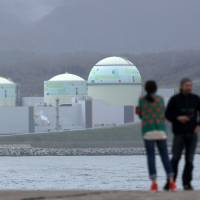The government on Tuesday approved Hokkaido Electric Power Co.'s plan to raise household electricity bills by 15.3 percent on average, with the surge in fossil fuel costs weighing on the utility's business in the absence of nuclear power generation following the 2011 Fukushima crisis.
Hokkaido Electric increased bills for households by 7.7 percent on average last year. For this hike, it initially sought a 17.03 percent increase, but the industry ministry said that was too much.
Prices are expected to be marked up 12.4 percent for five months from Nov. 1 through next March and 15.3 percent starting next April. The lower markup through March is designed to ease the negative impact on households in view of high electricity demand amid the long and cold Hokkaido winter.
Hokkaido Electric will be the first among major utilities to implement a second electricity bill hike since the 2011 disasters, which has kept the country's nuclear reactors from restarting due to safety concerns.
The regional utility owns three reactors at its Tomari nuclear power plant, but none have been online since the No. 3 unit was taken offline for a mandatory regular checkup in May 2012.
Hokkaido Electric claims it will lower electricity bills when it can reactivate the Tomari plant. It seeks to bring the reactors back online by March 2016, but the outlook is uncertain as they have yet to pass the Nuclear Regulation Authority's safety screenings.
Economic and fiscal policy minister Akira Amari told a news conference that if other utilities also seek to raise their rates, it should be allowed only on condition that prices be reduced once nuclear power plants go back online.
For corporate users, the regional utility plans to raise electricity bills by 20.3 percent, a move which does not require government approval, following an 11 percent increase implemented last year.




